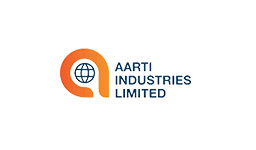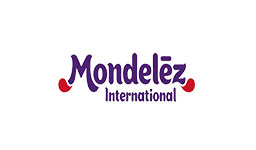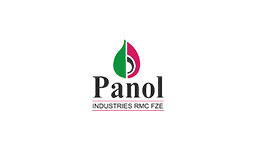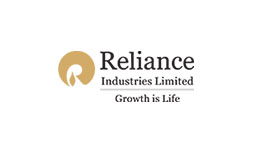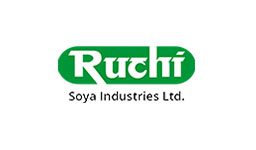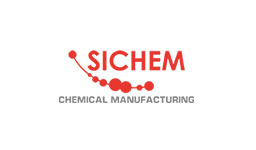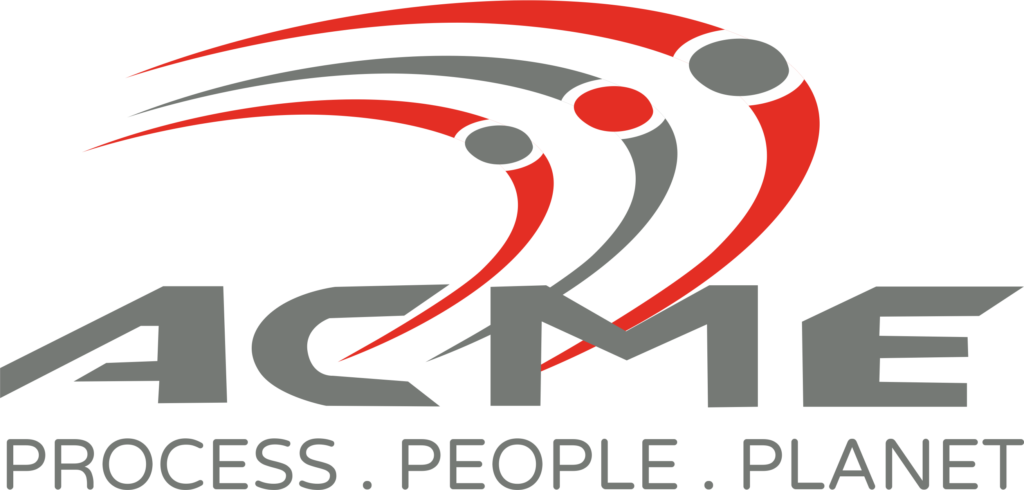Menu
Fermentation
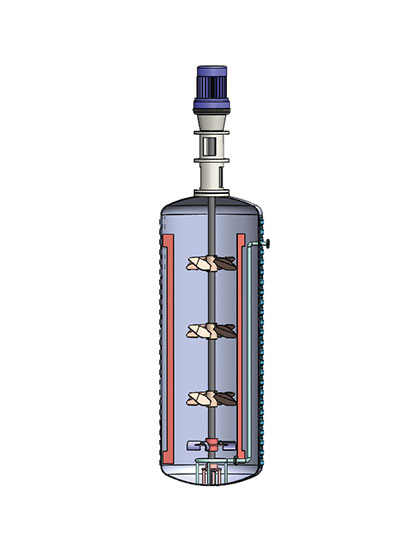
Fermentation works on the fact that micro-organisms change the chemical composition of bio-degradable materials into chemical substances that can be used for various purposes. In a typical fermenter, the micro-organisms are deployed and supplied with necessary food and nutrients that helps them to multiply and boost the fermentation process.
Fermenters are designed to meet all process requirements for culture of microorganisms to achieve maximum growth and productivity. Maximum productivity, product concentration, and the quality are dependent on bulk mixing and oxygen mass transfer, which in turn is governed by mixing operation, impeller type, and fluid properties/process parameter.
From a mixing standpoint, this is a 3 phase mixing (solid + gas + liquid) & gas dispersion, solid suspension, heat transfer, and blending are the key factors that govern productivity. Since most fermentations are run under conditions of oxygen limitations, gas dispersion which directly affects mass transfer plays a critical role.
FERMENTATION
The type and nature of micro-organism culture is also one the important factors in deciding the speed and type of impeller. High shear rate can kill micro-organism in some processes and may multiply in some other.
In fermenter, agitators are designed to promote good gas/ air dispersion and bubble break up into smaller bubbles so as to provide maximum interfacial contact.
ACME leads the agitator manufacturing market with a wide range of impellers and their combinations to optimize the fermentation process.
FEATURES
- Process based design and selection of impeller
- Uniform distribution of gas
- Stable performance
- Less maintenance
- Ease of Sterilization
- High Durability
- Based on the customer and process requirement MOCs used are
- SS304, SS305, Hast-alloy, and more
- Corrosion resistant
- Surface finish as per requirement
- Design as per ASME codes
- cGMP compliant design
INDUSTRIAL APPLICATIONS
- Pharmaceutical
- Dairy
- Food and Beverages
- Pulp & Paper
- Biological waste-water treatment
- Industrial water treatment
Our Clients
They Believe In Us


